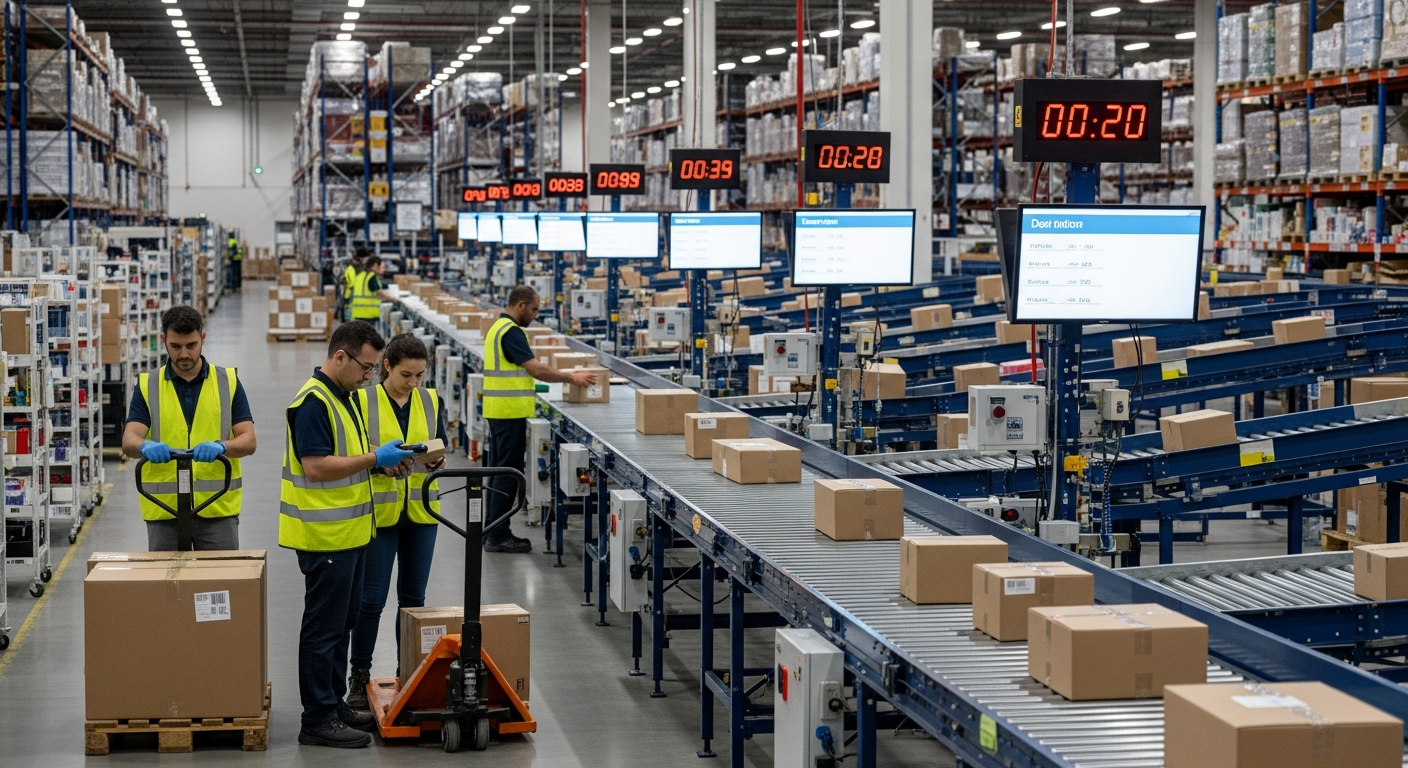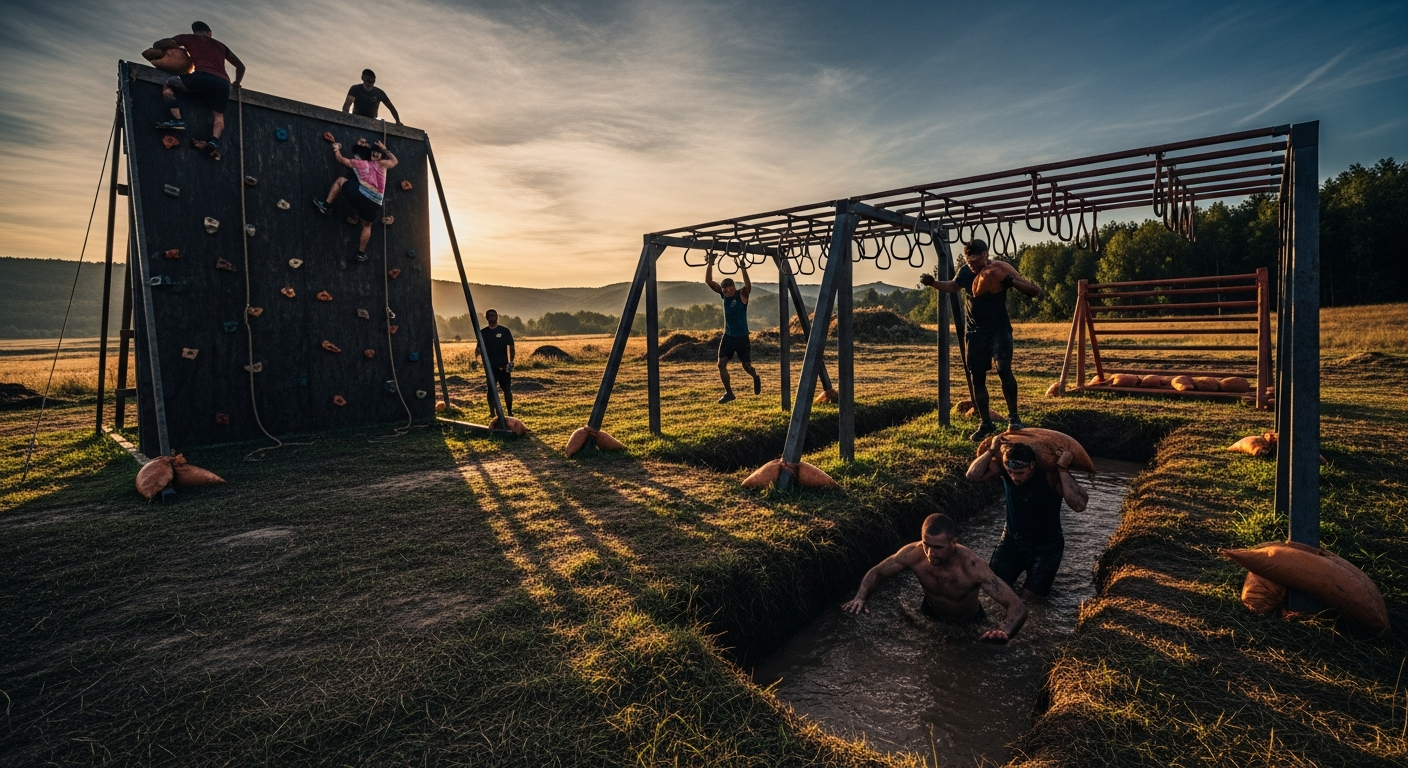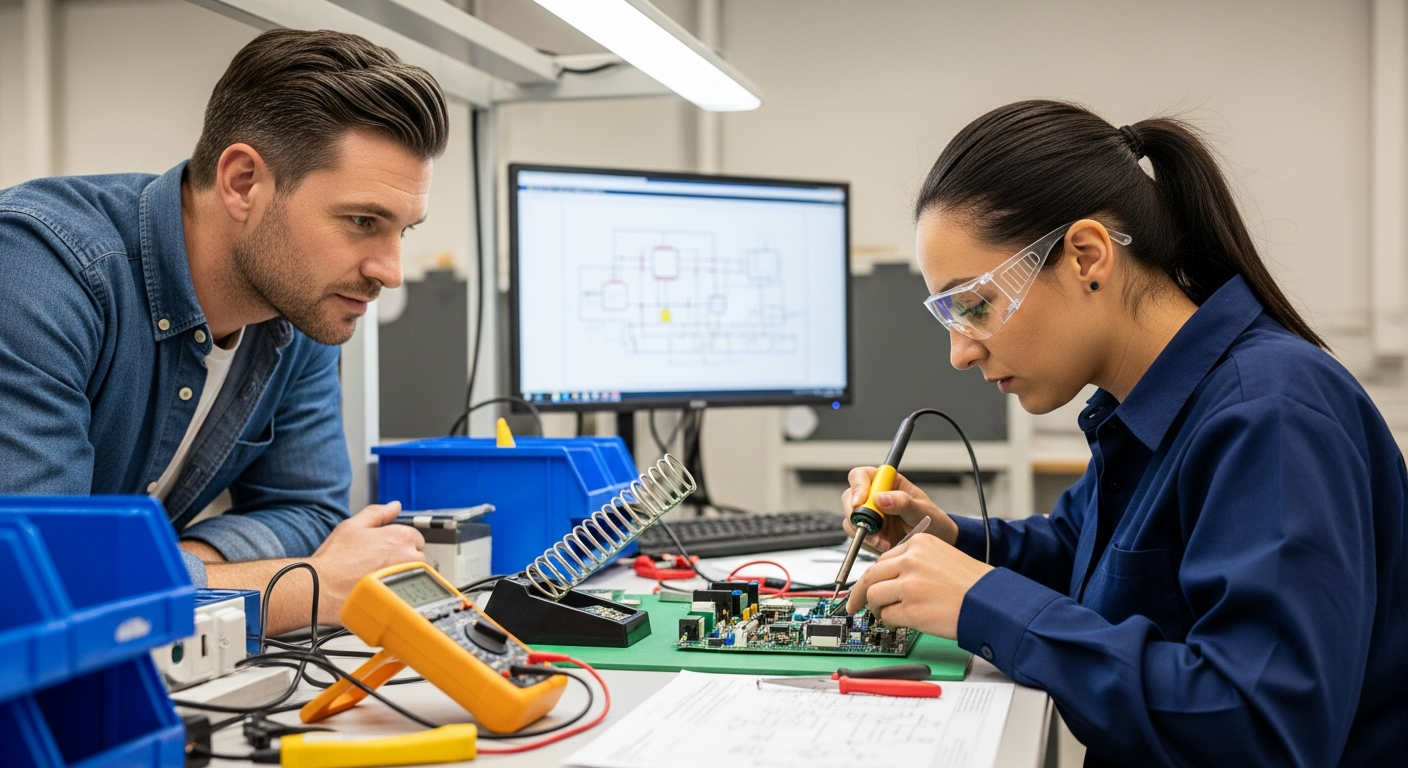The Quiet Progression of Slow Living
A modern society, characterized by fast-paced lifestyles and constant technological advancements, has sparked a counter-movement that champions a slower, more intentional approach to life. Known as 'slow living,' this cultural shift has become increasingly relevant amid the noise and chaos of contemporary life. This article delves into the historical context, current trends, and implications of slow living, providing a thorough exploration of this lifestyle choice that promotes simplicity and mindfulness.

A Historical Unraveling of Slow Living
The concept of slow living might seem like a novel idea, but its roots extend far back into history. Born out of the Slow Food movement in Italy during the 1980s as a protest against fast food, slow living has evolved to encompass various aspects of life. The movement gained momentum during the 1990s, as society began to question the sustainability of the fast-paced, consumer-driven lifestyle that had become the norm.
The Current Wave of Slow Living
In the present day, slow living has gained traction due to the increasing dissatisfaction with the modern lifestyle’s demands. It is now associated with a broader cultural shift towards sustainability, mindfulness, and intentional living. The trend is visible in the rise of minimalistic spaces, the resurgence of DIY culture, and the growing value placed on experiences over possessions. The popularity of movements like digital detox and zero waste living further illustrate society’s desire to slow down and reconnect with the world around them.
Slow Living: A Societal Shift or a Passing Trend?
While some critics dismiss slow living as a passing trend, data suggests otherwise. Research indicates a growing interest in slow living, particularly among millennials and Generation Z, who often feel overwhelmed by the frenetic pace of modern life. The shift towards slow living reflects a deeper societal transformation, calling for a redefinition of success and happiness. Instead of equating these concepts with financial wealth or material possessions, slow living promotes a more holistic view of well-being, emphasizing mental health, personal growth, and meaningful relationships.
The Implications of Slow Living
Slow living has profound implications for society, influencing various sectors, from the economy to mental health. Economically, it challenges the consumer culture, advocating for conscious consumption and local production. On a personal level, slow living encourages individuals to prioritize their mental well-being, offering an antidote to the stress and burnout commonly experienced in today’s fast-paced environments.
Slow Living: Shaping the Future of Society
While it is impossible to predict with certainty, the slow living movement seems poised to shape the future of society. As the world grapples with climate change, economic inequality, and mental health crises, slow living offers a viable alternative, promoting a lifestyle that values sustainability, equity, and well-being. By encouraging individuals to live more intentionally, slow living may well be the key to creating a more balanced, harmonious society.
As the world continues to spin at a rapid pace, slow living serves as a gentle reminder to pause, breathe, and savor the moment. By doing so, we not only enrich our personal lives but contribute to a societal shift that holds the potential to redefine our collective future. So, are you ready to slow down? Delve deeper into the world of slow living in the following sections.






